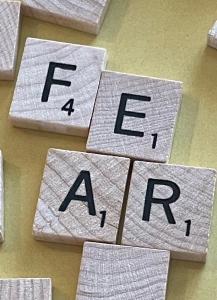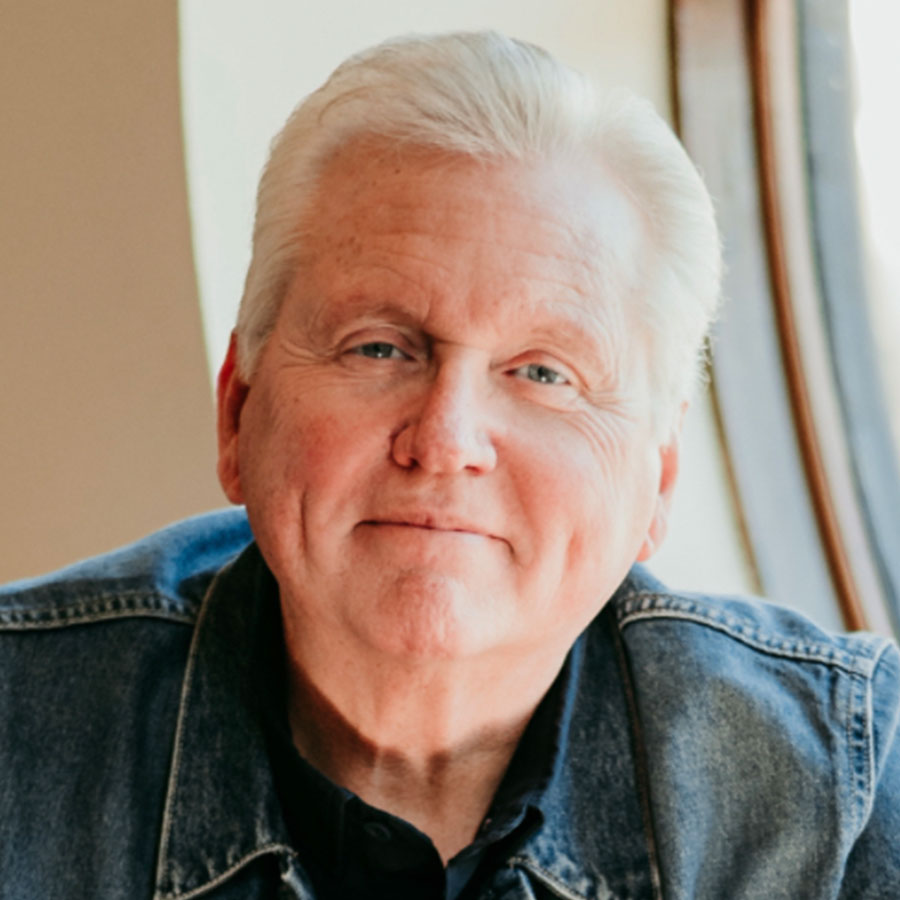
Can God fix your trauma? If so, how does that work? Inquiring minds want to know! I certainly did. When I was about 10 years old, a friend from church said he had a question for me. It was a riddle of sorts. I nodded for him to proceed and he asked me this question: “Can God make a rock so big that he cannot move it? I answered, “Yes!” Then, “No?” Then, “Maybe.” Finally, “I don’t know.” I had come up against my first paradox. A paradox is something that seems to be self-contradictory and also true. This question falls into a category called, the omnipotence paradox. At first, these hypothetical situations seem childish, almost foolish. However, they have been the preoccupation of logicians and philosophers for centuries. In Christianity, Judaism, and Islam, the need to believe in an almighty God is a primary tenet. Otherwise, if God exists but is not almighty, what exactly are the boundaries of his power? Personally, I trust in God Almighty.
Where was he when I needed him?
A close relative to the omnipotence paradox are questions about God and suffering, or the fate of people who have never heard of Jesus. These are if questions; If God is almighty, then why did he allow a particular tragedy to occur? It concedes that God may very well be almighty, but where was he when I needed him? This is the question that is usually asked when we deal with trauma; Why did it happen to me?

Another paradox that is often pondered is the unstoppable force paradox which asks, What happens when an unstoppable force meets an immovable object? Is the force stronger, or is the object able to resist the force? Let’s assume that the unstoppable force is God and the immovable object is your trauma.
Faith is a fundamental step in our recovery
When we face a traumatic situation, it is common to wonder why it happened. Even if we know the human answer, we wonder why God, or the universe, or whatever, allowed this painful and unfortunate event to occur. In times of need, sooner or later, most of us pray. We start to look for that place inside of us that believes. Some people might think prayer is a foolish waste of time. I believe it is the irreplaceable process of opening our hearts to God. The simple act of asking God for help is proof that you have faith, and faith is a fundamental step in recovery. It can help us find the courage to deal with our trauma, and also our misconceptions about God. There need not be a constant collision between your trauma and God. You are of tremendous value to God. The Bible is full of reminders that He cares for us like a shepherd cares for his flock. Certainly God has the power to conquer trauma and fear, but there’s usually more to it than that. Healing trauma takes time and trust. So instead of a collision, God often works through a third agent; a professional therapist or a pastoral counselor.
First, though, it’s necessary to understand what is meant by the terms trauma and PTSD:
- Trauma is an emotional response to a negative event while PTSD is a mental health disorder resulting from trauma.
- Not all trauma develops into PTSD, but people with PTSD experience trauma.
- There are several treatment options for both trauma and PTSD
In addition, there are three main types of trauma: Acute, Chronic, or Complex
- Acute trauma results from a single incident.
- Chronic trauma is repeated and prolonged such as domestic violence or abuse.
- Complex trauma is exposure to varied and multiple traumatic events, often of an invasive, interpersonal nature.
The urge to understand God’s responses to our trauma is very real. If we know God’s will in a matter, then perhaps we can hold onto our faith a little longer until his answer manifests; until we find healing. We are, after all, both spiritual and rational beings.
My Trauma
When I was a happy 5-year-old boy, our family lived in a tiny home on a canal that led to one of Michigan’s many beautiful lakes. My hard-working father and caring mother provided a wonderful life for my sister and me. Our church was like an extended family in many ways. My parents were raised in southeast Kentucky during the Great Depression. In WW2, Dad joined the Navy and fought at the battles of Normandy and Iwo Jima among others. After the war, they settled in Michigan where my father landed a good job as a skilled tradesman for Pontiac Motors. However, not all of my parents’ siblings had it so well.
He made me promise not to tell anyone what had happened
A few of my uncles liked the moonshine a little too much and some became alcoholics. One of my mother’s older brothers and his wife died from alcoholism while they were still young parents. Questions arose regarding the care of their 5 children. As a result, other relatives took them in. My caring parents gladly made space for their 18-year-old nephew. There were only 3 small bedrooms in our tiny house, so our new houseguest stayed in my room. One night during a storm, I grew fearful of the lightning and the thunder. I asked my cousin if he would hold my hand. We each slept in separate twin beds but they were pretty close since the room was small. He agreed to hold my hand, but then he wanted more, and he sexually abused me. He was 18. I was 5. He made me promise not to tell anyone what had happened,

Credit: KenShelton
Years later, I shared this story with my pastor and then with my wife during pre-marital counseling. They were very understanding and helpful. What I couldn’t tell them was that the abuse affected me in overwhelming ways. In my book, Covenant Talk – Words That Set Us Free (2005 AuthorHouse), I describe the trauma’s impact on my soul. I developed an eating disorder. I lived with depression and anxiety throughout my life. Finally, I worked up the courage to tell my parents when I was 35 years old after I had been in full-time ministry for 12 years.
Freezing makes you believe that help is going to hurt, so you think it’s better to stay where you are.
I was afraid and too young to understand that I was grieving the loss of innocence. C.S. Lewis, under the name N.W. Clerk, wrote the book A Grief Observed (Lewis, 1961). In it, he reflected, “No one ever told me that grief felt so like fear.” In a few weeks, I’ll be 70 years old and I’m still in therapy. I almost didn’t write these articles about trauma. Writing the first one triggered me and I froze. We hear a lot about fight or flight. But seldom about the third reaction, freeze. I used to fight or run, but now I freeze. Therapy essentially helps me thaw out so I can move forward. Freezing stops you in place. It hinders creativity and ambition. Freezing also makes you think that help is going to hurt, so maybe it’s better to stay where you are; but it’s not.
Do you have the courage to trust God with your trauma?
Can God make a rock so big that He can’t move it? That’s too big a discussion today. Instead, I would like you to consider these two questions: First, do you have the courage to trust God with your trauma? Next, do you believe that God can provide the right third agent – a pastoral counselor or a therapist – to help you lift the rock of your trauma that you’ve been carrying around every day?
Be gentle with yourself. Help is near.














